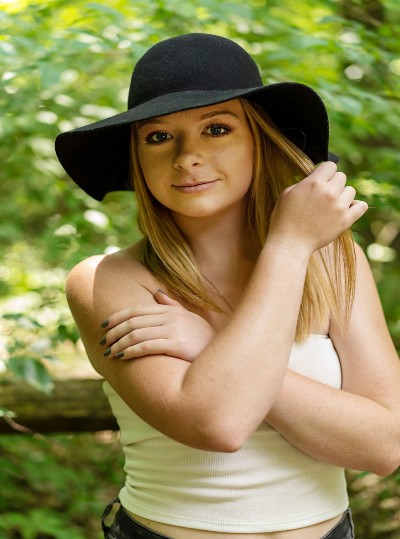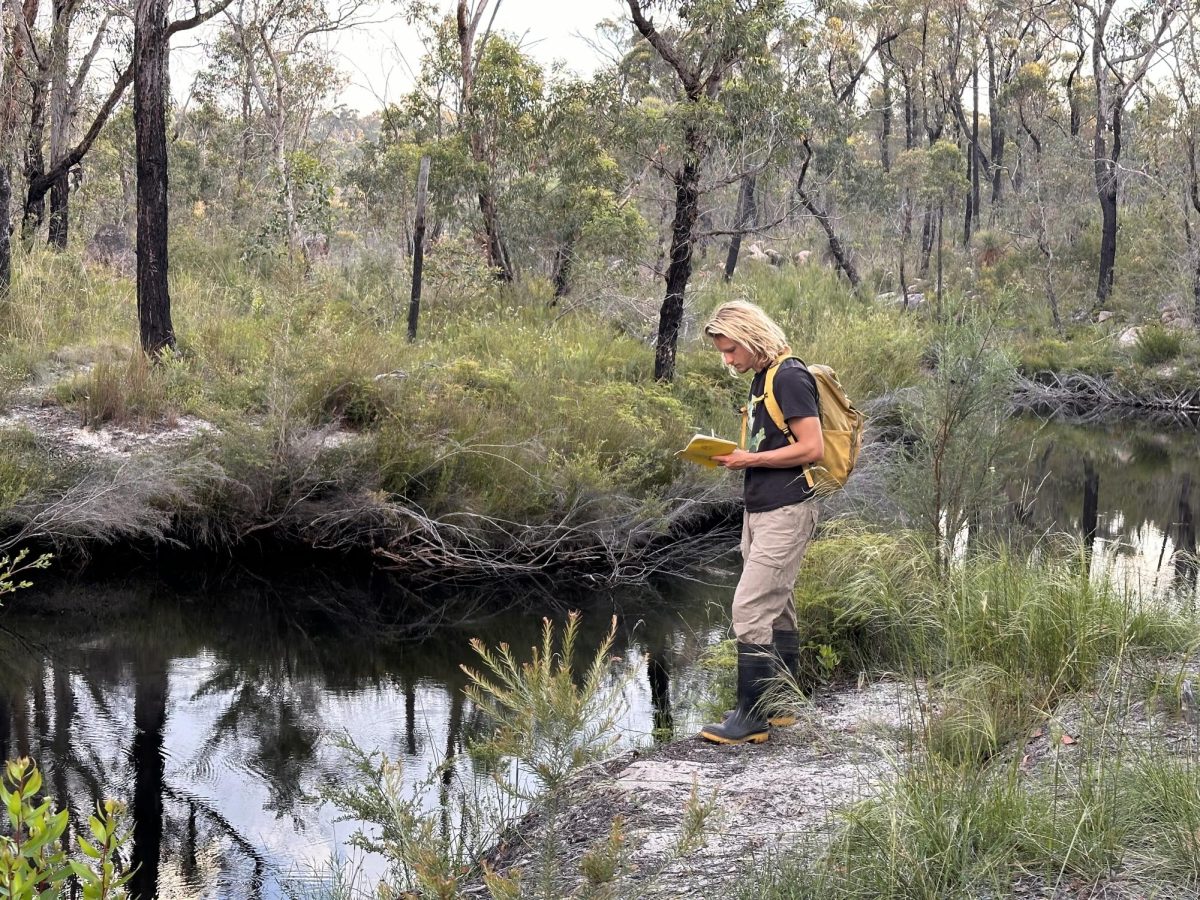With the celebration of Charles Darwin’s 200th birthday, many in the scientific community have looked back at his book, “The Origins of Species,” and how it has revolutionized the field of biology. For some it was the turning point of their lives, setting them on a course that would take them around the world, unlocking the mysteries of life.
One such person is award-winning author and leading evolutionary theorist Sean Carroll. To commemorate the achievements of Darwin, Carroll will be giving a presentation on the field of evolutionary biology on Wednesday, Feb. 25 at 7 p.m. in the Great Lakes Rooms.
The event is sponsored by NMU’s Tri Beta Biological Honor Society. Danielle Hernandez, president of Tri Beta, said Carroll is highly qualified to celebrate this historical anniversary because of the amount of experience and knowledge he has on the topic of evolution.
“He has done a huge amount of research (on evolution),” Hernandez said. “He’s also done this same kind of presentation throughout the nation.”
Besides being an author and theorist, Carroll is a professor of molecular biology and genetics at the University of Wisconsin. He also works as an investigator at the Howard Hughes Medical Institute, an organization dedicated to non-profit medical research.
When it comes to his research, Carroll has found his specialty in an area very similar to Darwin’s: the genes that control animal body patterns and play major roles in the evolution of animal diversity. This involves studying how animals are built, and finding out how changes in build affect their evolution.
A large part of Carroll’s career has been spent researching this topic, including countless hours spent researching past progress made by some of history’s most brilliant scientists, such as Darwin himself.
“(My team and I) have tracked information from 25 years ago, when we knew nothing, to now when there have been huge advancements in the field,” Carroll said.
Major discoveries made by Carroll during this research have been reported in The New York Times, TIME and Discover. They have also contributed greatly to the four books he has penned himself, and the two he has co-authored.
“There are two levels of research (that go into writing a book),” Carroll said. “(Besides formal research) I’ve read a lot of information for my own entertainment over 30 years.It made me really want to engage people and make them understand.”
Stories from his most recent book, “Remarkable Creatures,” will serve as the basis for much of his presentation at NMU, Carroll said. The book chronicles some of the most amazing and unique expeditions during the two centuries of natural history, including those which led to the findings of the giant sloth, gaudy butterflies and remains of the first species of humans to walk to earth.
Carroll said “Remarkable Creatures” is his way of giving credit to the daring people who embarked on some of the earliest and most dangerous journeys in history, all for the love of science.
“It’s really all about how their expeditions affected the world,” he said. “I tell the arc of 200 years of expeditions in one chapter.”
One of the stories Carroll finds most interesting is that of Eugene Dubois, the young physician in the 1880s who decided to search for the missing link between humans and apes. After searching numerous islands throughout the Dutch West Indies, he came upon the fossil of a human skull, known today as Homo Erectus, one of the first species of humans.
“I love the story of Dubois, because although there are a lot of accidental findings (in science), he pretty much just took a map of the world, threw a dart and hit it,” Carroll said.
When it comes to writing, Carroll said he finds it to be the most gratifying part of his career. Although he has received numerous awards for his scientific research, including the National Science Foundation Presidential Young Investigator Award, he said he prefers a good response to a book he has written.
“Science (research) is hugely collaborative.I’m just a part of the team,” Carroll said. “Writing is much more of a solo enterprise. Writing books people like and respond well to is most awarding to me.”
Besides his numerous achievements in the area of science and vast knowledge on the subject of evolution, Hernandez said Carroll is also a very charismatic and engaging speaker. The point of the presentation is not to start controversy, she added, but to open the minds of students and community members.
“It’s a good time to get people involved,” she said. “They can come and ask a question spawning from their own beliefs.it’s all about what they want to take away from it.”
Professor John Rebers, who teaches biology at NMU and is also the faculty advisor for Tri Beta, said Carroll’s upcoming presentation is important because of the amount of current misconceptions about the theory of evolution. One example is the argument that the theory of evolution states life originated, and evolution proceeds, by “random chance.”
“Sean will be able to explain the whole concept, and how interesting and exciting development can be,” Reber said. “He is going to tell us about what makes us all human.”
Carroll said he hopes his presentation will open students’ eyes to the topic of evolution and the pioneers who went out on a limb and searched for answers.
“I hope they (students) are excited and that they say ‘I never imagined that,'” Carroll said. “I also hope they gain an appreciation for the spirit of these people, and maybe find some sort of kindling of them inside themselves.”
























